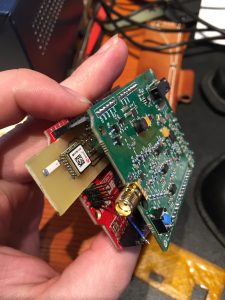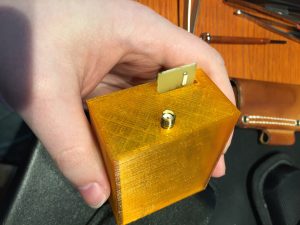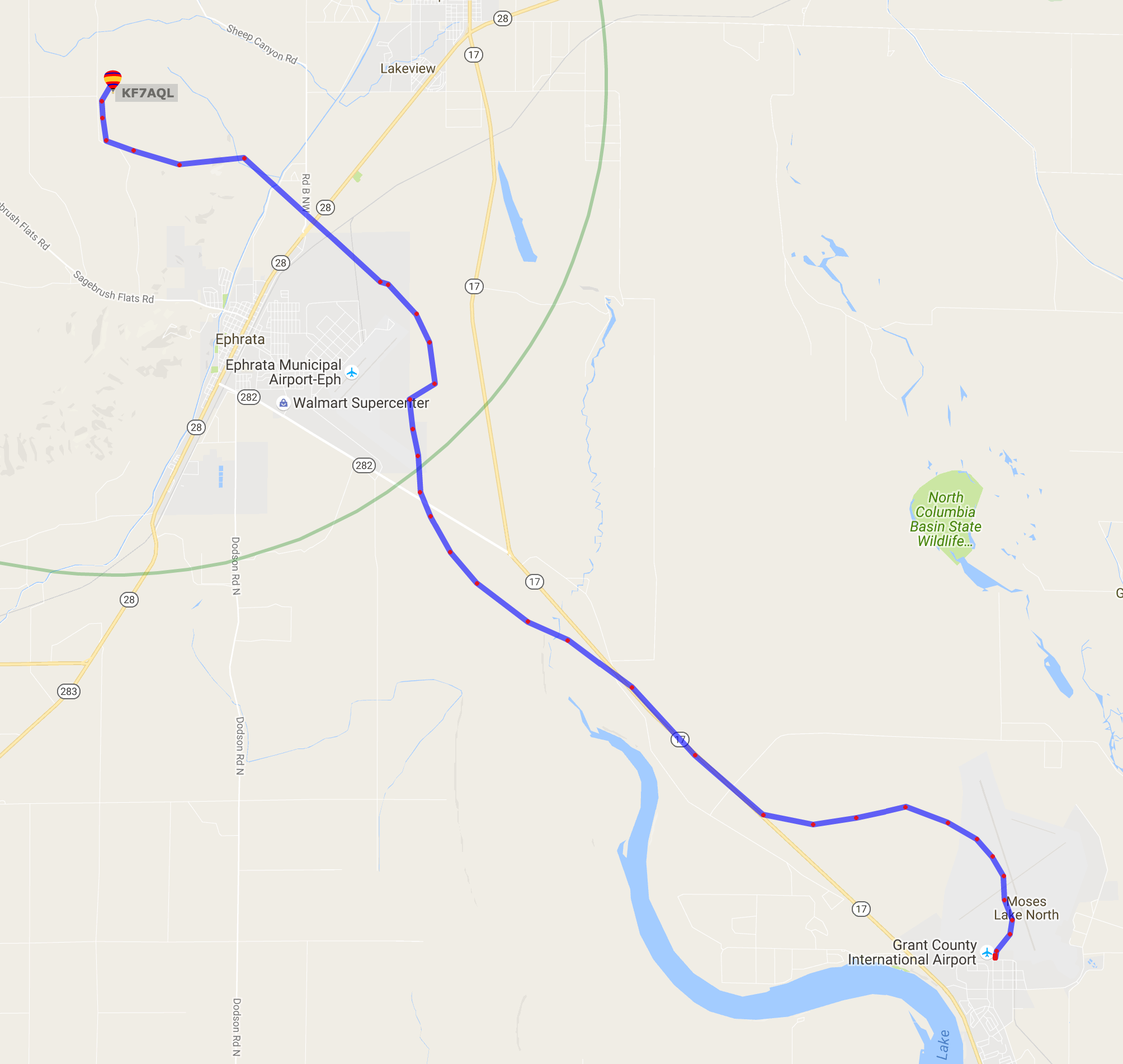Recently a large portion of my family got together to celebrate a number of birthdays over at Moclips, WA. We had a good time, and so did our pup.
And managed to get some pretty cool slow-mo footage of the beach campfire.
Recently a large portion of my family got together to celebrate a number of birthdays over at Moclips, WA. We had a good time, and so did our pup.
And managed to get some pretty cool slow-mo footage of the beach campfire.
Once again I was fortunate enough to be able to accompany the UW team on their yearly excursion down to the Black Rock desert in Nevada this April. My dad was also able to come along after hearing all the stories, and explore this landscape, so different from the Pacific Northwest.
One evening, we had a chance to drive to the north end of the desert and visit the Soldier Meadows hot springs.
After the obligatory safety briefings…
There were a number of launches…
And of course, some failures…
Some good motorcycle riding…
Drone flying…
And overall a lot of fun.
And, on my way back, I took a bit of a detour on the way home through eastern Washington to spend a day back at a spot along the Columbia River where I learned to climb. Great to visit again.
Some time ago I posted that I’ve been involved in a Kickstarter to create a ham radio shield for the Arduino platform. That project is called HamShield, and is now complete and the boards have been shipped to the Kickstarter backers.
I decided to take my board, and 3D print a box for it, to make a portable APRS tracker I could take down with me to Black Rock.
A home etched GPS board, and some 3D printing time later, I had a nifty little box.

 Just one example of many of potential uses for your HamShield board!
Just one example of many of potential uses for your HamShield board!
Launch happened the morning of Saturday, May 21st. We had one launch from Moses Lake, WA, which reached approximately 18.5km in altitude. While this is lower than we normally expect burst heights, student experiments were successful. We were successful in recovering the payload string, and received good data throughout the flight.
The flight carried a number of student payloads, the 900MHz voice telemetry system, a commercial APRS tracker board, my custom IRIS board.


With all the electronics projects I do, I’ve ended up with a lot of very small spare parts that are hard to keep track of. Previous to now, I’ve kept them in a large number of small bags from the supplier, randomly strewn in a box, which made it very hard to know what I had, or find a specific part I needed.
I decided to inventory all the parts into a spreadsheet, so I’d know what I had, and then organize the parts into small vials so I would be able to find the specific parts I needed.
To keep the vials themselves organized, I set to building a case to keep them all in, and 3D printed a number of trays to keep the vials organized and upright inside the case.
Starting with some hobby wood from the local box store, I set to making two halves of the case.
While I was working on that, the 3D printer was churning out a number of small trays to hold the vials.
Finally, after staining the box, attaching the hardware, and putting all the trays/vials in, the box is complete.
And now I know all the parts I have, and can easily find them when needed, in a beautiful custom wooden case.